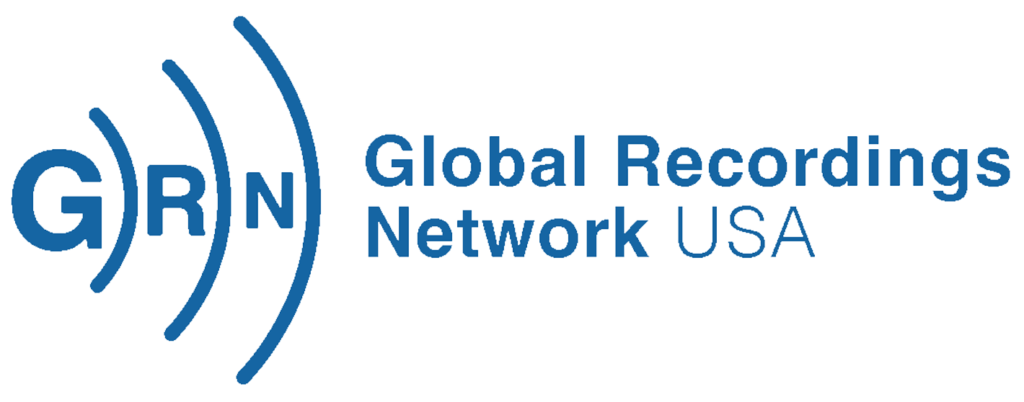November 13, 2019
The Next Language 11, “What’s in a Language?”
I just got back from a series of meetings in churches in Alaska. Of course, I was promoting the awareness that there are over 2,000 known languages in the world that still do not have the sound of the gospel. That provoked a lot of questions that I am going to try to speak to here.
The first question: “What is a language and what is the difference between a language and a dialect?”
A language is a speech variety that is shared by a community of people. It is normally oral, although some languages, such as sign languages, are visual. I believe that at Babel, where “the Lord confused the language of all the earth” he created major language families that gave unique identity to blocks of people, and “from there the Lord dispersed them over the face of all the earth” (Gen. 11:9). This gave unique expression to the image of God cloaked in cultures and sounds that reflected the glory of God in a mysterious though distorted way. Language had a major part to play in every nation of mankind when God “determined their appointed times and the boundaries of their lands and territories” (Acts 17:26).
We have a database which draws on 80 years of our collected data as well as data from other agencies like the Summer Institute of Linguistics (SIL). We differentiate between languages that have been determined by SIL to be worthy of a written New Testament. Those languages are given what is called ISO codes. Our database identifies 2,313 languages that have ISO codes, but which do not have any recordings of the gospel message. About 200 of those have some other form of the gospel but there is little question that most if not all of the remaining languages are still waiting and in need of the gospel sound.
The Second question: “What about all the dialects not on the ISO list?”
There is the more sobering fact that beyond those ISO languages are thousands of dialects. Most of those dialects are just as much a language as the ones that have ISO codes. Nearly every human on earth speaks a language. No one I know would consider his heart language to be a dialect of another language. Man-made hierarchies afford some languages a higher status that is purely arbitrary. I am sensitive to this because I have worked in areas where the majority population would insist that the natives didn’t speak a language at all – just made sounds like monkeys. The issue of dialects implies inferiority to some people. I recently saw correspondence from Africa insisting that they spoke a language – not a dialect.
Sometimes the issue of prejudice between people groups pushes the issue of intelligibility to a higher threshold. If you were hearing the gospel for the first time via the voice of an enemy people you would be inclined to reject the message even though you could understand most of it. Language drift or differentiating dialects is often like shades of the rainbow. Where you make the break can seem arbitrary and often is determined by non-linguistic factors such as population, hostile relationships, or political and geographic boundaries.
Scientifically it can be documented that every language over time generates new languages. They would all be in the same language family and they could be determined to be dialects of the original language, but the truth is that after about 400 years every language becomes unintelligible (though related) to its origins. The difficulty in easily understanding the original King James Bible in the English of 1611 is a good example. As languages drift apart chronologically and geographically, they lose intelligibility. When that intelligibility falls below 80%, we determine that it is in need of its own recording. Every person needs to hear the news of Jesus in the language of their heart.
Last question: “Can’t all be reached through a trade language?”
Another question relevant to us is that of whether or not all these unrecorded languages could be reached via another related or trade language. That gets close to the essence of what Global Recordings is about. We focus on every language because every language needs the gospel and because every language will be represented someday before the throne of God. The Creator God did not intend for his words to be foreign to anyone. If the image and words of God seem foreign, there is not likely to be ownership on the part of a culture. If the gospel is going to always be an “outside” message it will not only be misunderstood, it will most often be rejected in preference to a local god who is there. On many fields the failure of the missionary to adopt and learn the language has kept God in the margins. Even worse are the horror stories of those who castigate people for using their language and forcing them to learn their own. This horribly distorts the image and glory of God and the model He gave us in the incarnation of Christ himself.
Some would claim that if an unrecorded language has a large Christian presence then we should not record it. I would remind you that the Church is only one generation from extinction in one sense. Twenty years from now those audio evangelistic messages or audio scripture portions might be heard and the hearers respond to the Gospel if we have the diligence to record it when we can. In our prioritization we would not rank such a language very high nor would we necessarily record a huge amount of content, but my opinion is that we should at least record the story of Jesus for a witness to the future generations.
God Bless,
Larry DeVilbiss | Executive Director
Global Recordings Network USA
